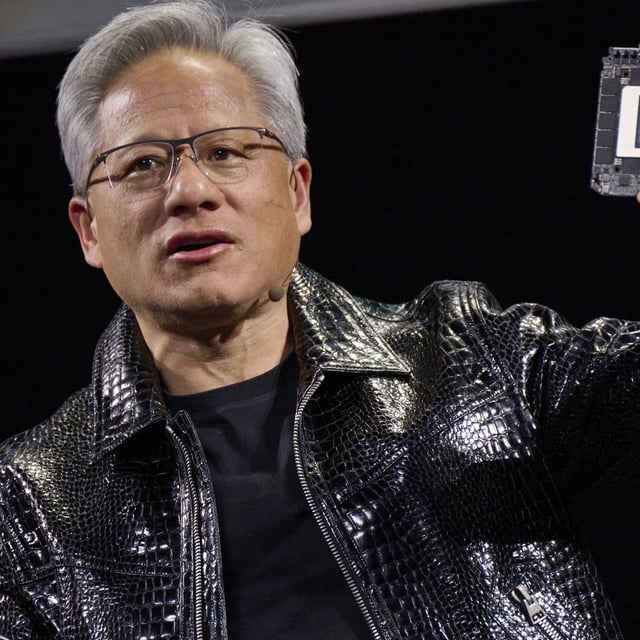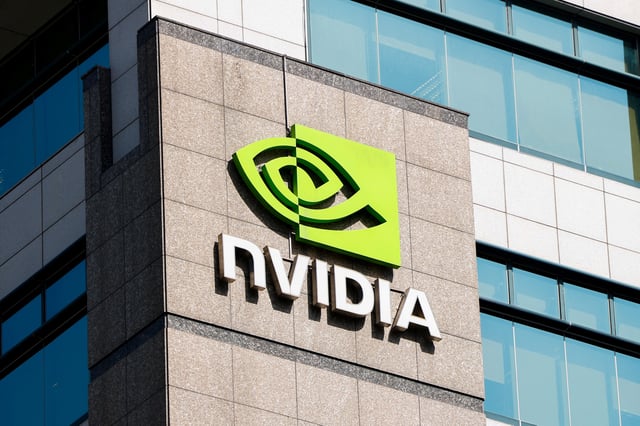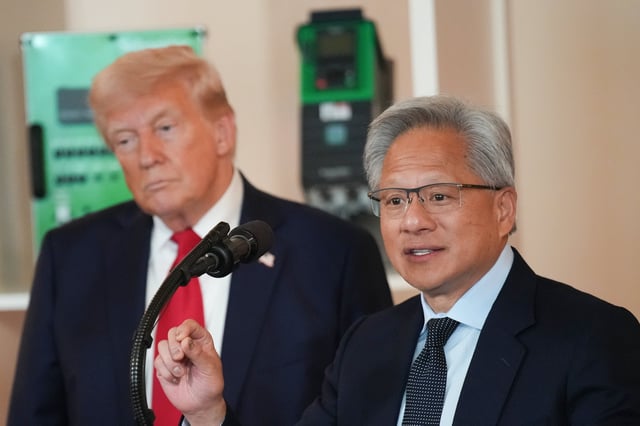Overview
- The Biden-era AI Diffusion Rule, set to take effect May 15, introduces a three-tier system restricting AI chip exports based on national security risk, with China in the most restricted category.
- Anthropic supports the rule but calls for refinements, including lowering the no-license compute threshold for Tier 2 countries and increasing funding for enforcement to prevent smuggling.
- Nvidia CEO Jensen Huang advocates for easing export restrictions, emphasizing the need to accelerate global diffusion of U.S. AI technology to maintain competitiveness.
- The Trump administration is reportedly considering replacing the three-tier system with a per-country licensing approach, adding uncertainty to the rule's final structure.
- Tensions between Anthropic and Nvidia have escalated, with Nvidia dismissing Anthropic's claims of Chinese smuggling tactics as exaggerated, despite corroborated reports of such incidents.



